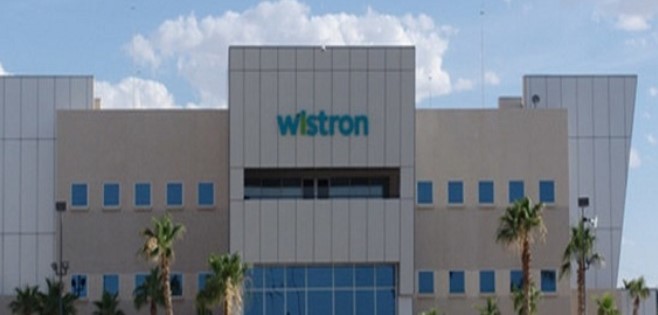UBS, the Switzerland-based bank, has agreed to purchase the embattled Swiss lender Credit Suisse for $3.25 billion, in a deal aimed at restoring confidence and stability in the Swiss economy and the banking sector.
However, Credit Suisse’s “black mark” is not something that can be erased by UBS. While UBS may benefit from the takeover, the future of the banking industry leaves many questions in investors mind, and it remains to be seen how the industry will evolve in the coming years.
Credit Suisse’s share price plummeted by 58.15% to CHF 0.78, with an intraday low of CHF 0.66. UBS also saw a drop in its share price, currently trading at $32.95, a 9.40% decline. Under the merger, all shareholders of Credit Suisse will receive one equity share in UBS for their 22.48 shares in Credit Suisse, with the merger expected to complete by the end of 2023.
UBS Group further, also agreeing to eat up some of its losses. The deal is not a bailout, according to Swiss Finance Minister Karin Keller-Sutter. The forced closure of Credit Suisse’s Greensill funds and the billion-dollar loss from New York financial firm Archegos happened in the spring of 2021. The double debacle will continue to impact the bank in the spring of 2023 and beyond
The merger has been implemented without the otherwise necessary approval of the shareholders of UBS and Credit Suisse to enhance deal certainty. Axel P. Lehmann, Chairman of the Board of Directors of Credit Suisse, said: “Given recent extraordinary and unprecedented circumstances, the announced merger represents the best available outcome.
Credit Suisse takeover is an emergency rescue – UBS Chairman
This has been an extremely challenging time for Credit Suisse and while the team has worked tirelessly to address many significant legacy issues and execute on its new strategy, we are forced to reach a solution today that provides a durable outcome.” While UBS Chairman Colm Kelleher said: “This acquisition is attractive for UBS shareholders but, let us be clear, as far as Credit Suisse is concerned, this is an emergency rescue.”
The deal was brokered by the Swiss National Bank, which offered a 50 billion francs loan to Credit Suisse, but it failed to restore confidence among investors. The Swiss Federal Department of Finance, the Swiss National Bank, and FINMA asked both UBS and Credit Suisse for a merger agreement to restore confidence in the economy and banking system.
The merger comes after regulator FINMA informed Credit Suisse that its Additional Tier 1 Capital in the aggregate nominal amount of approximately CHF 16 billion would be written off to zero. Although the deal is seen as a significant step ahead, investors are still trying to cope with the announcement.
Such merger deals are a well-known practice, especially after the 2008 financial crisis. As per the Bloomberg report, three months after Lehman Brothers collapsed in September of 2008, such swap lines had been tapped for $580 billion. Swap lines were also rolled out during market turmoil in the early stages of the COVID-19 pandemic.
Uday Kotak, the managing director of Kotak Mahindra Bank, tweeted his “signal for all bankers and stakeholders” following the takeover of Credit Suisse Group AG by UBS Group AG. The billionaire wrote, “Credit Suisse sold to UBS for 3 bn $. 60% discount to stock value at Friday closing. ~600 bn $ balance sheet sold for 3 bn $ equity value. 17 bn $ of AT1 bonds written off. A signal for all bankers and stakeholders, when risk-return matrix is overtaken by obsession with size.”
The Swiss National Bank is offering a 100 billion-franc liquidity assistance to UBS, while the government is granting a 9 billion-franc guarantee for potential losses from assets UBS is taking over. Regulator FINMA said about 16 billion francs of Credit Suisse bonds, known as AT1s, will become worthless to ensure private investors help shoulder the costs.
The UBS and Credit Suisse merger marks a historic, government-brokered deal aimed at containing a crisis of confidence that had started to spread across global financial markets. The price per share marked a 99% decline from Credit Suisse’s peak in 2007.






